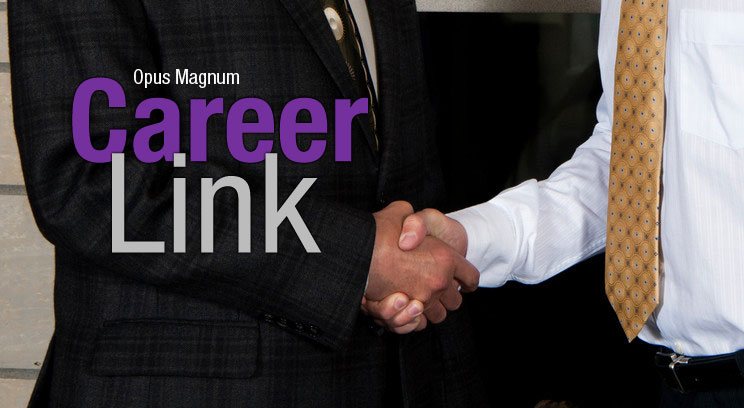There are hundreds of online dating sites, and more than a third of all married american couples now meet online, so they must be doing something right. Online daters answer questions to match their wants and needs to those of other users and once matched, communication ensues in a controlled format by each user.

Questions all users complete can include: do you smoke, are you a morning person, would you prefer a night at a rock concert or a rented movie at home? I'm not sure if the questions are the most hard hitting, but with 1 in 5 relationships now starting online, people are using these sites as a way to connect. This service, or any other online platform, provides an opportunity for many to be completely honest or dishonest with the real world as well as with themselves. Sadly, profiles of any social media platform are typically over-embellishments; so a user profile could quite possibly be a false advertisement for an overweight, unemployed, far-too-social-drinker named Bob, displaying himself as a conservative family man.
So this got me thinking, sure there are personality assessments, interest questionnaires and motivational analysis tests that almost every job seeker and college student take. These assessments tell people what they should do with their lives based on what they are good at or would enjoy doing. These tests can be incredibly helpful, but the outcome isn't: the average person will have at least 10 different occupations prior to retirement. Yet online dating services claim to match an individual with whom they should be with for the rest of their lives.
Compatibility creates a successful relationship in any sense of the term. Friendships are formed through shared connections, teams must share common goals and companies create mission and value statements to form a cohesive workforce. So why are they no compatibility tests for employees and their companies? Mike Murphy, author of Hire for Attitude, writes,
"When our research tracked 20,000 new hires, 46% of them failed within 18 months. But even more surprising than the failure rate, was that when new hires failed, 89% of the time it was for attitudinal reasons and only 11% of the time for a lack of skill."
Interviews are a lot like first dates, and resumes could be compared to Bob's profile. Bob's profile looks great but on the job there's no mistaking that Bob is a far better happy hour participant than dedicated worker.
Websites like glassdoor.com provide a brief look into a company's culture and interview process but this can't truly capture the daily grind of any organization. Job seekers and employers need to take a compatibility test of their own in order to formulate a successful relationship. New hires should interview and interact with their teams as much as possible before an offer is extended. Job seekers and employers need to be completely honest with themselves and each other to have a clear idea of what the job entails and how it will match the motivation, interest and skill level of the new hire.
Any relationship takes work and communication as well as appreciation and dedication. Employees must communicate their needs in order to be successful. Employers must recognize improvement or a need for more training. No all projects, or personnel will be easy or enjoyable but if an employee and an employer are able to share the same long term goals, and succeed in short term goals, a mutually beneficial and profitable relationship is in their future.







